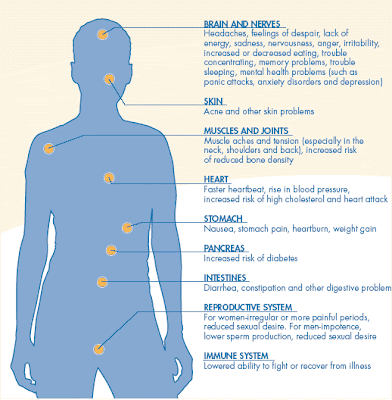Believe it or not, simply changing a few daily habits can have a major impact on your metabolism! If you’re trying to lose weight, increasing your metabolic rate can enable you to lose more weight without cutting more calories.
Here are some tips based on research studies.
What is metabolism?
In the simplest terms, metabolic rate is the rate at which your body burns calories. Very few people have a fast metabolism, and overweight individuals generally have slow metabolisms. However, a faster metabolism will enable you to lose more weight than your friend, even if you both have the same activity level, diet, and weight.
Drink iced water:
As with food, depriving your body of water can encourage it to “hoard” rather than “burn”. When your drink ice cold water, your body burns calories warming it to body temperature. More than ninety percent of the chemical reactions in your body occur in water, so make sure you drink an appropriate amount of water.
Exercise twice a day if possible:
Do your vigorous workout in the morning, and then take a walk after dinner. This way you will continue to burn calories at a higher pace for almost the entire 24 hours.
Boost metabolism in the long run with weight training:
Muscle burns more calories than fat does (73 more calories per kilogram per day, to be exact) so the more muscle you build, the higher your resting metabolic rate (RMR) will be. Every muscle cell that you gain is like a little factory that constantly burns calories for you, even while you sleep, and revs up when you exercise. This is the only way to increase RMR, which accounts for 60 to 70 percent of the calories you burn daily.
Eat Proper Meals:
Never skip meals for the sake of weight loss. Skipping meals sends a signal to your body to lower the metabolism rate as there are fewer calories to burn. With a lower metabolism rate, your calories won’t burn, which will lead to fat accumulation and weight gain. Eating meals will increase your metabolism, thus preventing fat accumulation.
Time Your Meals:
Eat five meals a day. When you eat a meal the metabolism rate is high for about four hours and then is slows down. To increase metabolism you need to eat five meals a day so that it keeps working and burning calories. Increasing metabolism rate also allows you lose weight without going in for a very difficult diet plan. Make sure you eat your meals within four hours of exercise. The metabolism rate in high at that time and thus burns most of the calories thus leading to weight loss.



